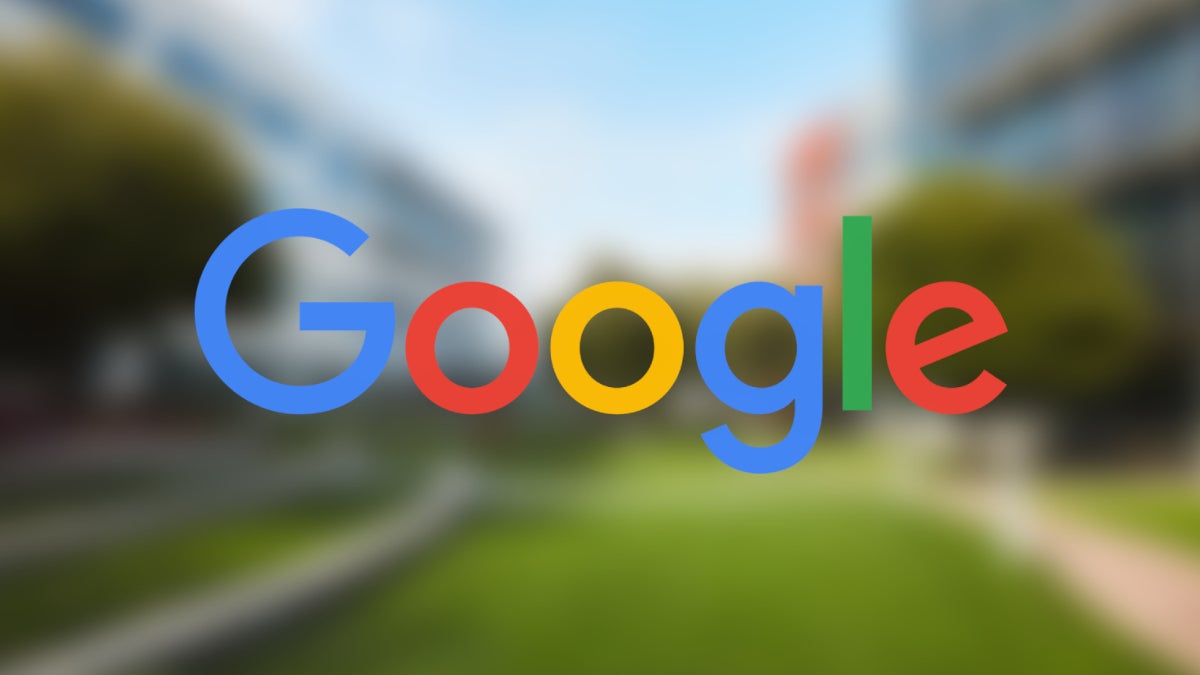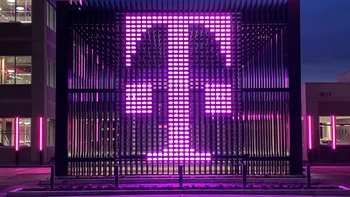Google denies that its new program pays publishers to replace journalists with AI

According to Adweek, Google started a private program giving independent news organizations access to a beta generative artificial intelligence platform. In exchange for this access, Google asks for feedback from these publishers. The news organizations are supposed to use the generative AI tools they receive from Google to produce a certain amount of content over 12-months. These publishers also receive a monthly stipend from Google that works out to a five-figure payment over the course of a year.
These publishers are also getting to use, at no cost to them, tools to create content that their readers would be interested in. Google says, "In partnership with news publishers, especially smaller publishers, we're in the early stages of exploring ideas to potentially provide AI-enabled tools to help journalists with their work."
Google noted that these tools do not replace journalists. "This speculation about this tool being used to re-publish other outlets' work is inaccurate. The experimental tool is being responsibly designed to help small, local publishers produce high-quality journalism using factual content from public data sources—like a local government’s public information office or health authority. These tools are not intended to, and cannot, replace the essential role journalists have in reporting, creating and fact-checking their articles."

Some complain that Google's private program is replacing human journalists
Publishers participating in the program must publish three stories each day, one newsletter each week, and one marketing campaign per month. To produce these articles, publishers create a list of websites that produce news and reports that deal with subject matters important to their readers. When these websites create a new article, it appears on what is called the "platinum dashboard." The publisher uses the generative AI platform to summarize the story and have the style changed to read like a news article.
Next, a human editor scans the story for accuracy before publishing it. Remember, three such stories need to be published each day by the publishers who are part of the program. And the program does not demand that stories assisted by AI be labeled as such which some might consider misleading. Other rules prevent the stories created by AI from writing about facts that haven't been first written elsewhere which severely limits the use of these articles by premium publishers.
There are complaints about the use of the platform since the articles created by it could draw readers away from the original sources. Since the AI-assisted stories aren't adding any new information to them, some are saying that the program is stealing other's work.
Adweek says, "The beta tools let under-resourced publishers create aggregated content more efficiently by indexing recently published reports generated by other organizations, like government agencies and neighboring news outlets, and then summarizing and publishing them as a new article." A Google spokesman notes that the program is "in the early stages of exploring ideas to potentially provide AI-enabled tools to help journalists with their work." The spokesman says that the AI tools "are not intended to, and cannot, replace the essential role journalists have in reporting, creating and fact-checking their articles."
Follow us on Google News













Things that are NOT allowed:
To help keep our community safe and free from spam, we apply temporary limits to newly created accounts: